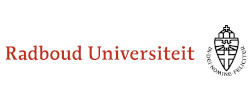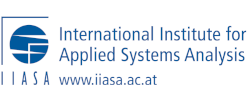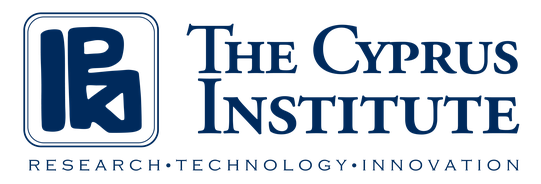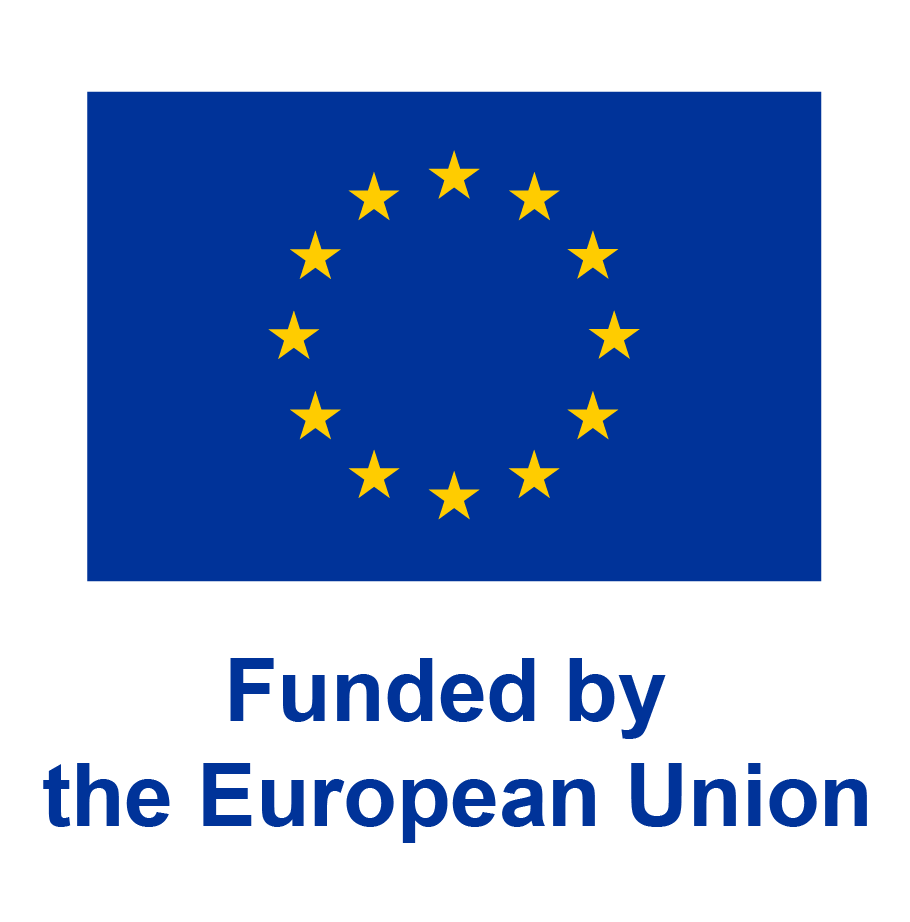
Objective of Work Package : The aim of this WP is to identify and address the governance challenges, barriers, and opportunities for enacting innovative, just and transitional policies and institutional reforms at all governance scales, where governance is viewed as a network of governments, businesses and civil society actors. The ultimate goal is to contribute to enabling implementation of the transformative pathways identified in WP1. The focus is on the nexus of food/biomass and climate mitigation policies and financing to further biodiversity targets.
Methodology : Key methods used for identifying governance opportunities and barriers are desk-based scoping studies of policy documents, stakeholder interviews carried out at the EU-, national- and sub-national level, as well as extensive empirical work to analyze the asset portfolio of the Robeco Corporation (as a case study of innovative business models). The latter will be used to implement biodiversity, climate change, and socio-economic considerations into decision-making in investment funds, leading to possible changes at the socio-technical and socio- ecological systems level, including exploring the potential and limitations of active biodiversity restoration measures financed by companies. Further, this WP will organize a Policy Business Forum across identified governance issues that will involve an active community of researchers and practitioners for the purpose of identifying innovative and just policy/institutional transitions that are vetted in the policy and stakeholder communities.
Output : The main output consists of a series of four White Papers addressing topical governance concerns (such as implementation of the evolving EU taxonomy) that will be deliberated in the Policy Business Forum. The final output will be policy and policy-business briefs detailing specific governance/policy reforms agreed (or compromises reached) in the Policy Business Forum.










